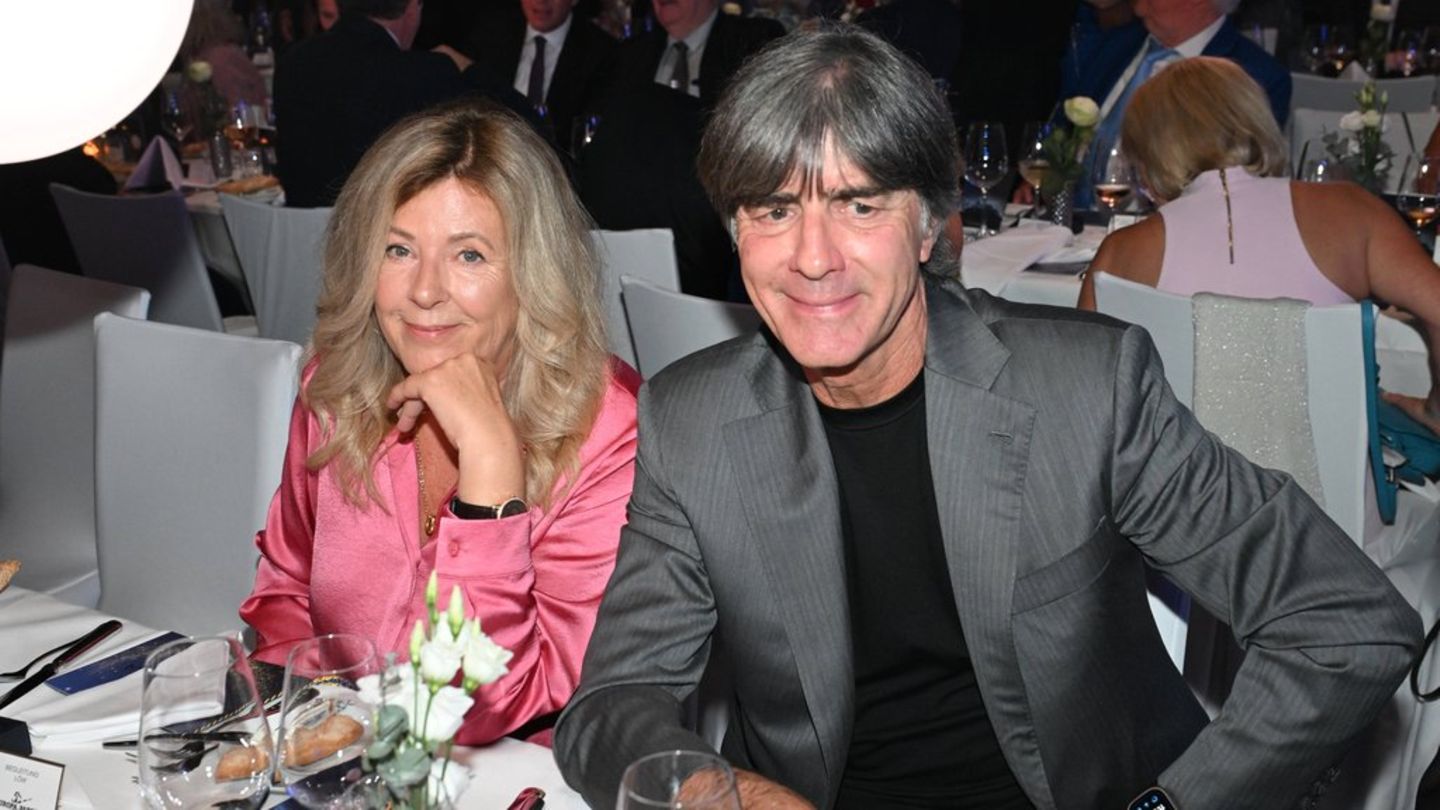The AfD has already won a federal election in Saxony twice, and now it has won a European election for the second time. The fact itself is not surprising, but the clear result is.
After the Saxons’ vote for the European Parliament, Leipzig political scientist Hendrik Träger expects an exciting state election on September 1. Since the SPD, Greens and Left are not far from the five percent hurdle, a parliament with three factions – AfD, CDU and BSW – cannot be ruled out, he told the German Press Agency in Dresden. “Then the CDU would have the choice of whether to work with Sahra Wagenknecht’s new party or with the AfD.”
Now the parties in the political center have to consider in the election campaign to what extent they see each other as their main competitors and to what extent they should target each other. In this case, BSW and AfD do not need to do much and could still achieve a good result, explains Träger.
For Träger, the nationwide outcome of the European elections was to be expected. In this election, one can see again and again that government parties lose votes to varying degrees. “There are a few outliers where government parties can remain stable or gain a little. But essentially, European elections are also used to punish governments. This is not a new phenomenon.”
The more “rural” the region, the better the result for AfD
Regarding the AfD’s good result in East Germany, Träger said that it was no longer a question of whether the AfD would come first or second in the elections, but rather how far behind the other parties it was. The more “rural” the region, the better the result for the AfD. Up to half of the people there would vote for the party. “This was perhaps not expected on this scale,” said Träger.
For a long time, the Saxon CDU was the dominant force in the rural regions of the Free State, the political scientist recalled. Even there, it is currently unable to succeed. “The CDU must ask itself what it can still change before the state elections. The Union obviously cannot profit from the frustration with the traffic light coalition – at least not in Saxony.”
According to Träger, the CDU’s performance is mainly due to its own mistakes and not to voters punishing them for the poor policies of the traffic light coalition at the federal level. It is too simple to blame the federal government for its own election result. “The CDU also has only itself to blame for the fact that it is not at 40 percent in the polls in Saxony, but only at 30 percent,” said Träger. After all, it has been the strongest force in the Free State for more than 30 years and has provided the Prime Minister since then.
Source: Stern
I have been working in the news industry for over 6 years, first as a reporter and now as an editor. I have covered politics extensively, and my work has appeared in major newspapers and online news outlets around the world. In addition to my writing, I also contribute regularly to 24 Hours World.




